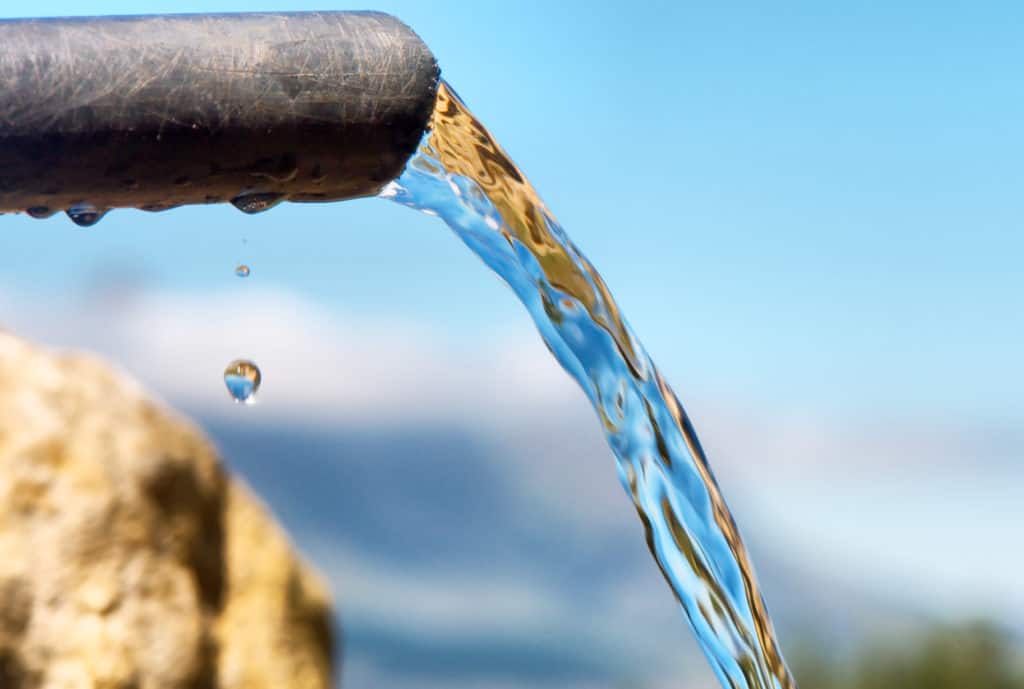How is Food Connected to Energy?

Our relationship with food has changed dramatically over the history of humanity. We have shifted over time from hunter-gatherer communities to farmers to modern-day consumers. You may not think much about where our food comes from or how it's produced. Yet, how we acquire our food influences our routines in more ways than most people imagine. Not too long ago, the food options we had at our disposal were limited to the geographic resources of our region and the time of year.
Modern energy has successfully facilitated the production and distribution of produce and meat products on a larger scale than ever before. Our society seems to no longer be subject to regional or seasonal limitations. Consequently, we have developed a food culture of overconsumption. But how exactly is food correlated with energy? And why is building a sustainable food system so important?
What is energy?
Energy is the propeller of all the processes we need to function in our daily lives. From the food and water we consume and cars we drive to the medicines we use in our hospitals and clinics. We need energy to survive on the most foundational levels. Still, we can and have also used energy to improve our lives by improving the systems we use for food production, transportation, medicine, and technology. We now use our energy resources for much more than our basic necessities. Solar energy, for example, powers our food system through photosynthesis, cellular function, and the water cycle, and our modern technology systems through solar panels that create electricity.
How is water connected to energy?
Often referred to as the energy-water nexus, the connection between water and energy results from needing water resources to create energy and energy to access water. Electricity, for example, is often produced through dams and hydroelectric plants. Water is also used to cool power plants and extract fossil fuels. On the other hand, access to fresh water, as an unlimited resource, requires an incredible amount of energy. Often, communities face obstacles due to geographic, economic, and political factors. They then have to resort to purification plants, water importation, or desalination processes to ensure they have enough water to sustain their population's demand. For more information regarding the energy-water nexus, check out our blog here!
What is the food-water-energy nexus?
On a basic level, the relationship between our food system and energy resources can be seen through the solar energy and water that allows plants to go through photosynthesis, providing produce for ourselves and the livestock we eat. However, energy is also embedded in our food system in less obvious ways. This relationship is referred to as the food-water-energy nexus and can be seen in all aspects of our lives.
Take something as simple as a grilled chicken salad, for example. A salad like this could include chicken, green leaves, onion, cherry tomatoes, and dressing. Such a basic ingredient list might not seem to require an incredible amount of energy. Yet, each ingredient requires a certain amount of land, water, and fertilizers to grow. Food producers will need fossil fuels to harvest, process, package, and ship the products. Electricity, water, and fuel will be required to refrigerate and cook the ingredients, which will then be presented to you as a grilled chicken salad. Now say you order the salad but find that you aren't that hungry. You decide to throw half the salad away, wasting valuable resources as you do so.
Our societies, specifically those with more wealth and access to resources, are not aware of the consequences of their actions. We have become far too accustomed to the facilitated access to anything we want, whenever we want. Buying large amounts of food and letting them go to waste in the fridge is common. Throwing away a portion of your meal at a restaurant is a regular habit for many. Still, the complex processes needed to produce the foods we love are excessively energy-intensive. We need our energy resources for much more than food. Therefore, being aware of our food production and consumption habits is paramount for sustainability.
What can you do to reduce waste and conserve the world's energy resources?
As a modern-day food consumer, there are many things you can do to help! Think of the number of times you've bought a package of spinach and then failed to finish the bag. It happens to the best of us. But taking the initiative and only buying products you are confident you will consume can make a huge difference. Additionally, everyone should make an effort to do their research. There is much to learn about the source of our food products, the production habits and sustainability efforts of agricultural organizations and the energy needed to produce certain products.
For more information regarding the connection between food and energy and what you can do to help visit Smart Energy Education, Resourcefulness and Watt Watchers of Texas! And don't forget to follow the Smart Energy Education Facebook page for updates on all our projects, scholarship opportunities, blog posts and more!

